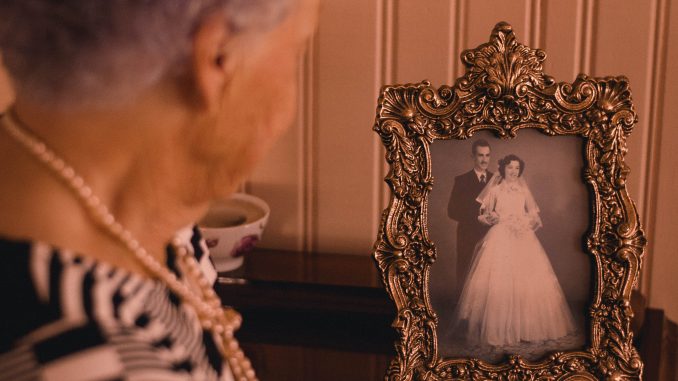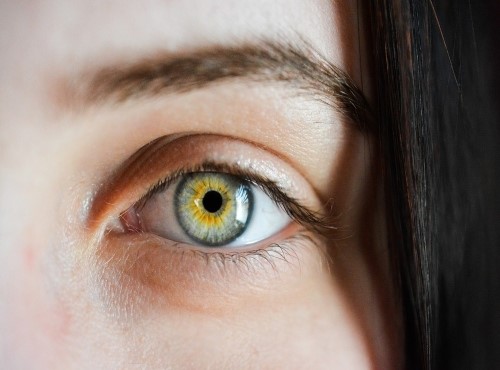

The new coronavirus, known as COVID-19, is highly contagious. Older people, age 65 and above, are especially vulnerable and are more likely to suffer from severe — even deadly — complications from the infection.
If you live with or care for an older loved one, you have good reason to worry. Many people carrying the virus are asymptomatic: they’re contagious, yet they show no symptoms. These people can potentially spread the virus without realizing it to higher-risk people. There are steps you can take to minimize the chances you may infect your older loved ones.
Understanding How the Virus Spreads
The new coronavirus spreads when an infected person coughs, sneezes, or even exhales. The virus is transported in droplets of nose discharge or saliva and can live on surfaces for days. That’s why epidemiologists, who study how diseases spread, recommend social distancing to reduce the chances of spreading the virus. Keeping a distance of at least six feet from others reduces the risk of spreading COVID-19.
Social Distancing Essential
The elderly and higher-risk people with pre-existing conditions should stay away from others. If your elderly loved one is living at home with you, this may be easier for them to achieve if someone in your household picks up their medications from the pharmacy and does the shopping. You can take advantage of telemedicine so your senior can consult with doctors or other specialists over the phone or through video chats to avoid going out where they may be exposed to the virus.
If you or other members of your household work, the simple act of coming home from a long day on the job can be dangerous to your elderly loved one. You may be carrying the virus on your clothes, skin, or hair. Make sure members of your house keep a distance until after you’ve removed your work clothes and taken a shower. Anyone who goes out and returns home should follow the same sanitizing routine:
- Leave all belongings such as keys, cellphone, or handbag in a basket at the entrance
- Remove shoes and put on house slippers
- Wash hands thoroughly
- Come back and sanitize the doorknob and items in the basket with disinfecting spray
- Take a shower and place dirty clothes in a plastic bag to be washed later with hot water
Clean and Sanitize Your Home Regularly
The elderly’s safest bet at this time is to stay home to avoid catching the COVID-19, but even at home, precautions must be taken. The virus can live on surfaces for days. Make it a habit to clean your home regularly to reduce your elder’s risk of infection. Wipe down all surfaces with a disinfecting cleaner, and don’t forget the remote control, doorknobs, and light switches. A clean and orderly home has more than one benefit; you’ll reduce the chances of COVID-19, but also create a more comfortable space for the weeks your senior shelters at home.
Wear a Mask
As mentioned, the virus is incredibly contagious, and to further complicate things, one in four people may have the coronavirus with no symptoms. You may feel perfectly fine — and spread the virus to those around you who may not be as lucky. If you’re in and out of your home because you work or have errands to do, it’s best to wear a face mask around your senior to avoid spreading the virus to them.
Masks can be uncomfortable, but if you’re living with a high-risk elderly person, take precautions when they’re around. Consider wearing the mask when you’re preparing or serving them food, cleaning their room, helping them wash up, and any other times when you’re in close proximity.
Keep Your Senior Connected and Entertained
Being stuck indoors for days and weeks can affect your senior’s mental health. The sense of isolation from being deprived of friends and other family members can lead to a lack of appetite, trouble sleeping, anxiety, and even depression.
Provide your loved one with a tablet or computer so they can enjoy some screen time to catch up with friends or family. They may appreciate connecting with others on Facebook or chatting on Skype or Whatsapp more than ever as a way to pass the time and to stay in touch with the world outside.
Have a Contingency Plan
Make sure you have a “Plan B,” just in case you or your senior becomes infected with COVID-19 and becomes ill. If you become sick, you’ll need to isolate yourself for at least 14 days. Who will take care of your senior while you’re contagious and potentially very ill? Have a facility on standby or someone as backup to care for your aging loved one while you get better.
If your senior becomes severely ill from COVID-19, an incapacity plan is crucial. An incapacitated senior may be unable to understand, communicate, or even recognize others. The incapacity plan should include the senior’s wishes. Some of the key items the plan should be the following:
- A power of attorney appointing you or a trusted someone to make the legal and financial decisions on the incapacitated person’s behalf
- An advanced healthcare directive explaining the loved one’s end of life wishes including how long to extend life support for, organ donation and burial information.
- A will or trust outlining who receives what assets
Make the Most of Your Time Together
These are unprecedented times. Although they can be challenging, you’re presented with a wonderful opportunity to spend quality time with your elderly loved one. Life is short — make the most of this time by revisiting old memories, doing activities like yoga or crafts, learning more about your senior’s youthful days, and above all, laughing.





Be the first to comment